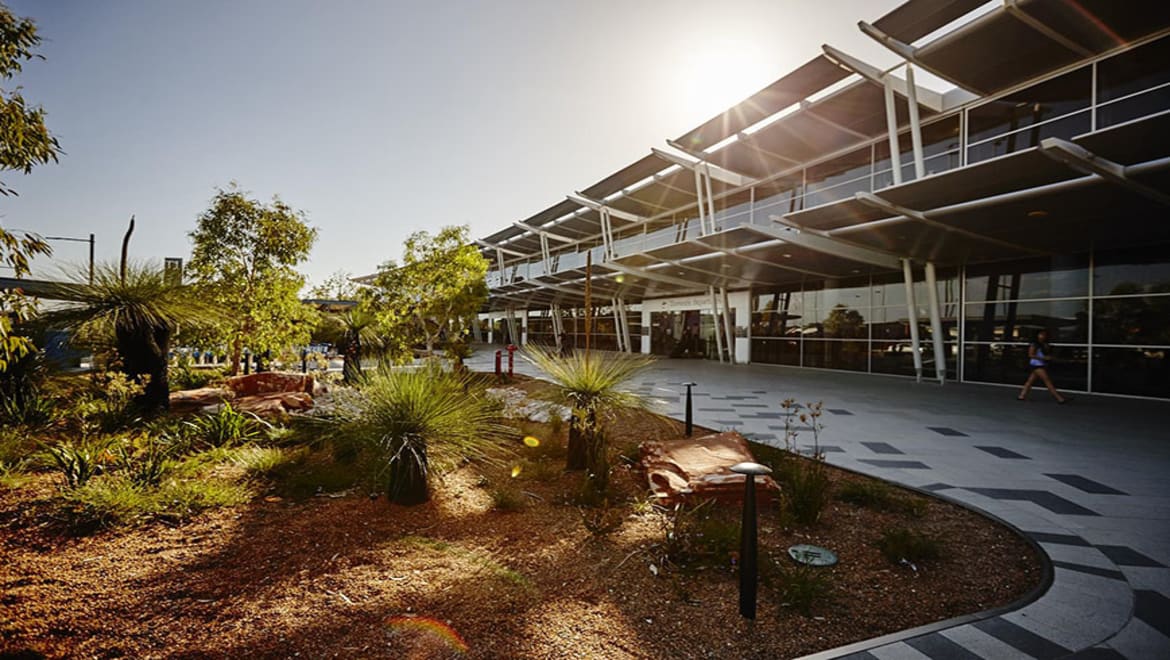Perth Airport has announced it will commit to becoming carbon neutral by 2030.
The business said it will achieve the target by cutting waste to landfill by one-fifth, increasing its recycling by 75 per cent and ensuring its scheme water use remains below 2019 levels.
Chief executive Kevin Brown said climate change is a global challenge “which requires us all to act”.
The carbon-neutral target will apply to both its Scope 1 and 2 emissions, defined as those both directly and indirectly generated.
“Perth Airport is focused on delivering economic, social and cultural benefits by keeping the people of Western Australia connected to the rest of the nation and the world,” Brown said.
“We understand that our impact as an organisation goes way beyond the boundaries of the airport estate.”
It comes as the aviation industry worldwide comes under increasing pressure to reduce its carbon footprint.
On Tuesday, World of Aviation reported how Airbus would accelerate its development of environmentally friendly aircraft by opening two centres to test and manufacture LH2 (liquid hydrogen) tank structures.
The ‘Zero-Emission Development Centres (ZEDC)’, located in Bremen, Germany, and Nantes, France, are set to be operational by 2023.
Closer to home, Webjet launched a new carbon offset program last year in response to its customers “increasingly demanding” more sustainable travel options in September.
The online travel agent collaborated with software provider Tasman Environmental Markets (TEM) on a tool that calculates the CO2 emissions of a user’s travel itinerary before offering the option to fund environmental projects to compensate.
Meanwhile, Melbourne Airport has constructed an enormous solar farm. The business said the project, conceived in 2018, is the largest of its kind in Australia and will provide the equivalent of 15 per cent of the facility’s annual electricity consumption.
The solar farm follows similar projects installed at Karratha, Adelaide and Brisbane. The latter claimed upon its completion in 2018 to be the largest commercial rooftop solar system in the southern hemisphere, consisting of 6,500 panels covering more than 22,000 square metres.
















